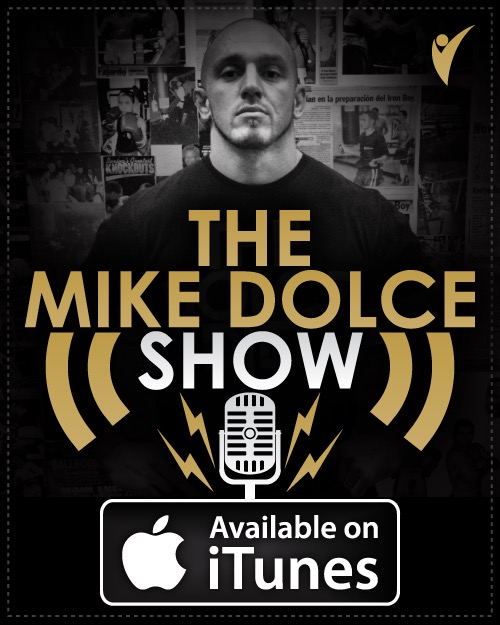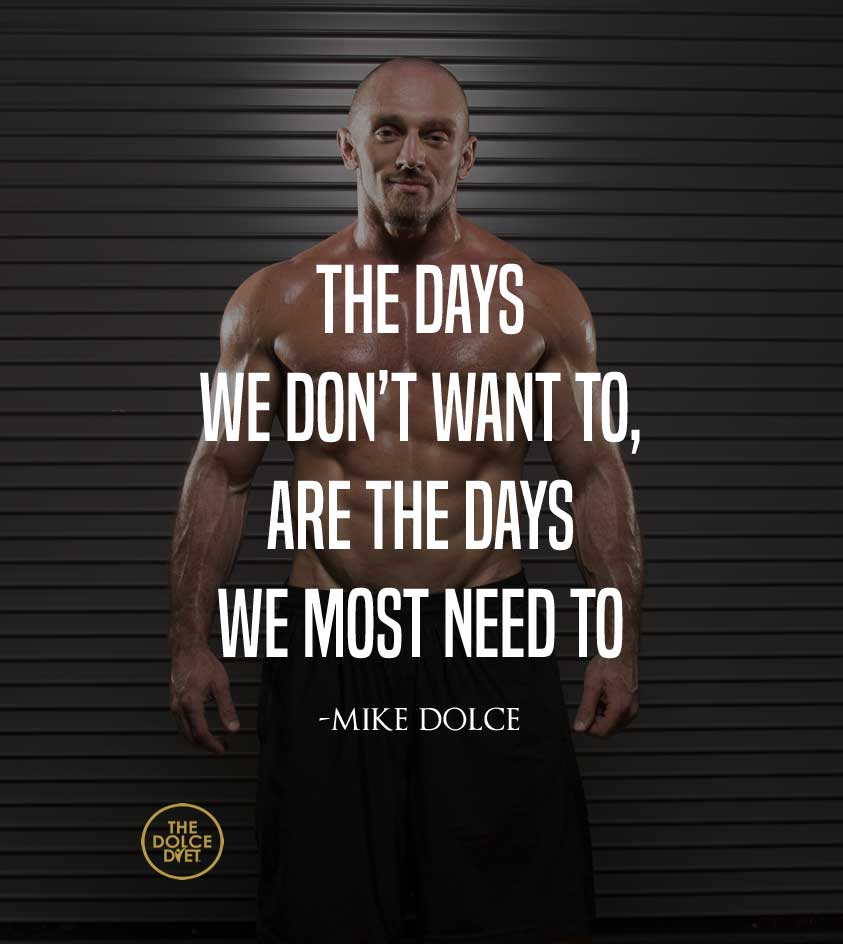3 Science-Based Reasons to Love Coffee
By Amber Lowry
In recent years, the mainstream media has had a love-hate relationship with coffee. One day it’ll end up killing you, then before you know it, every news article and anchor is singing its praises. So, what should you believe? Thanks to the latest scientific research, your love of coffee might hold some surprisingly significant health benefits.
1. Antioxidants
Coffee is currently the number one source of antioxidants in America. Crucial for fighting off free radicals and various inflammation-related illnesses, consuming antioxidants like hydrocinnamic acids and polyphenols is important for overall health and longevity. Please note that the antioxidants found in coffee aren’t the same as those found in whole foods like fruits and veggies, so be sure to maintain a nutrient-dense and diverse diet.
2. Telomeres
Did you know coffee could help you live longer? One study found that higher coffee consumption is linked to longer telomeres, which are responsible for protecting your DNA and have been linked to increased lifespan. Telomeres are the end caps of DNA and can be shortened by oxidative stress, leaving you more exposed to the consequences of aging. The antioxidant properties of coffee, especially dark roast, can help avoid the premature shortening of these caps.
3. Post-Workout Benefit
Most people think caffeine is best consumed prior to a workout for a quick energy boost, but a study published in the International Journal of Sport Nutrition and Exercise Metabolism found that consuming caffeine is also great post workout. This is because it can help restore glycogen in the muscles, which results in improved recovery and results. Another study found that after a high-intensity interval training (or HIIT) workout, caffeine can speed up muscle recovery when coupled with a carb refeeding. Whether you’re sipping for pleasure or to supplement, it’s important to stick to high-quality organic coffee free of refined sugars and poor quality dairy.




